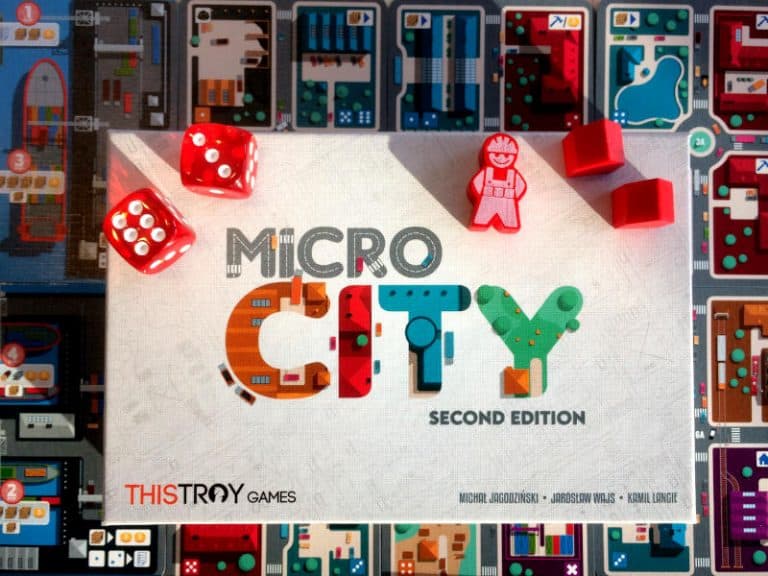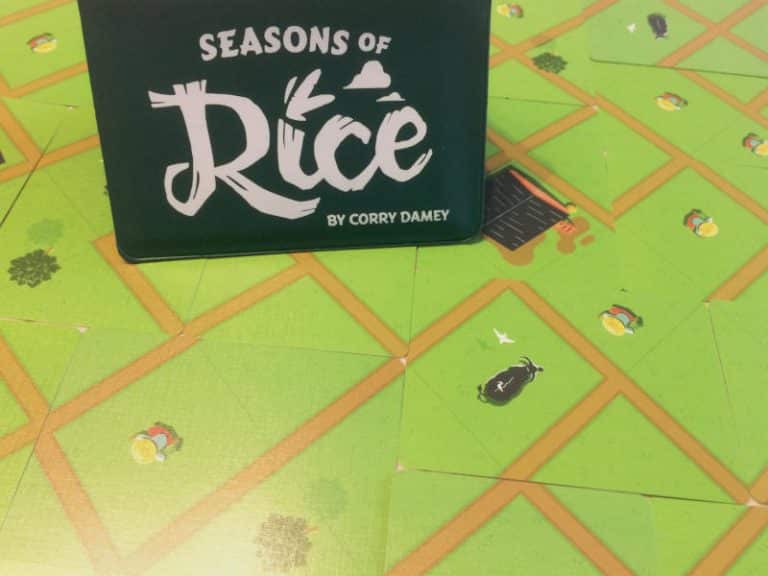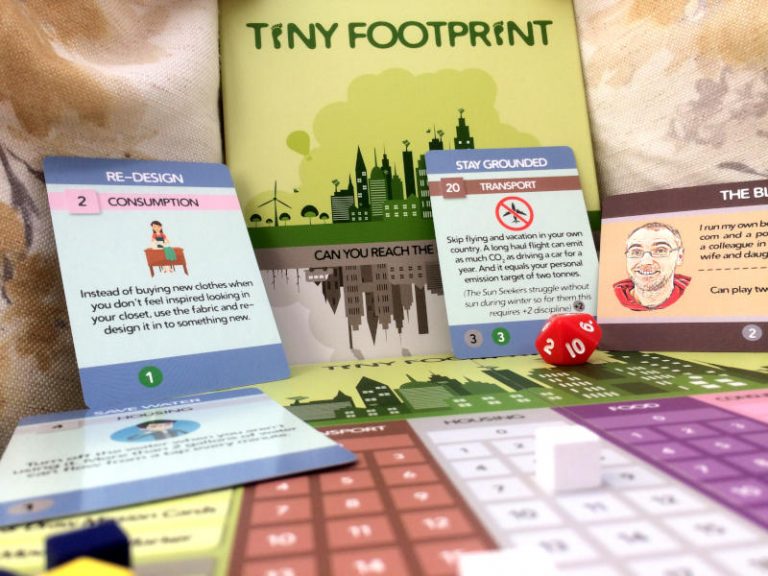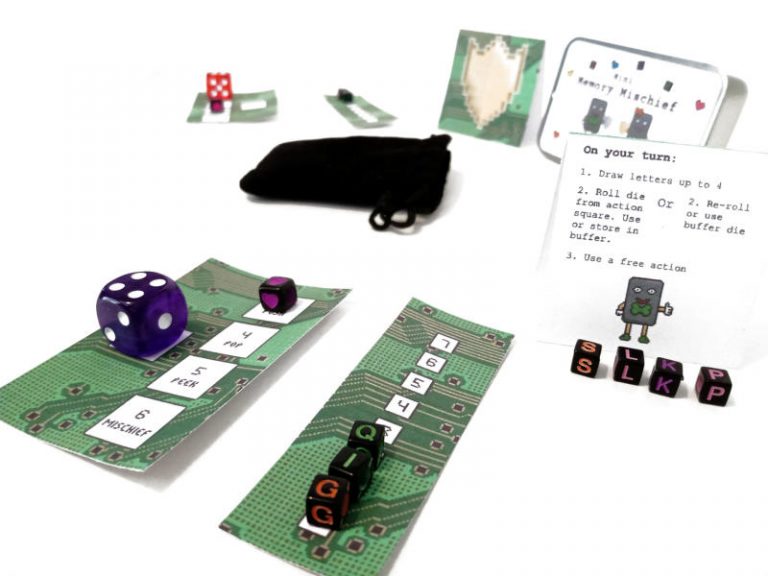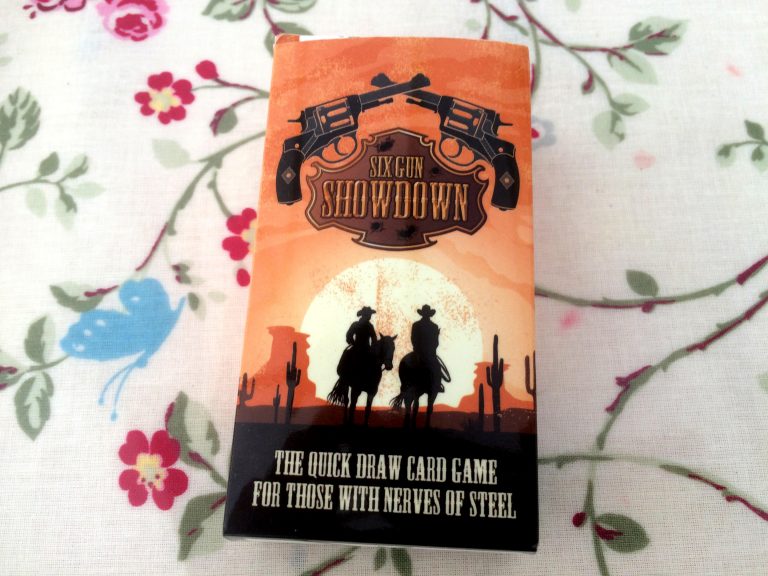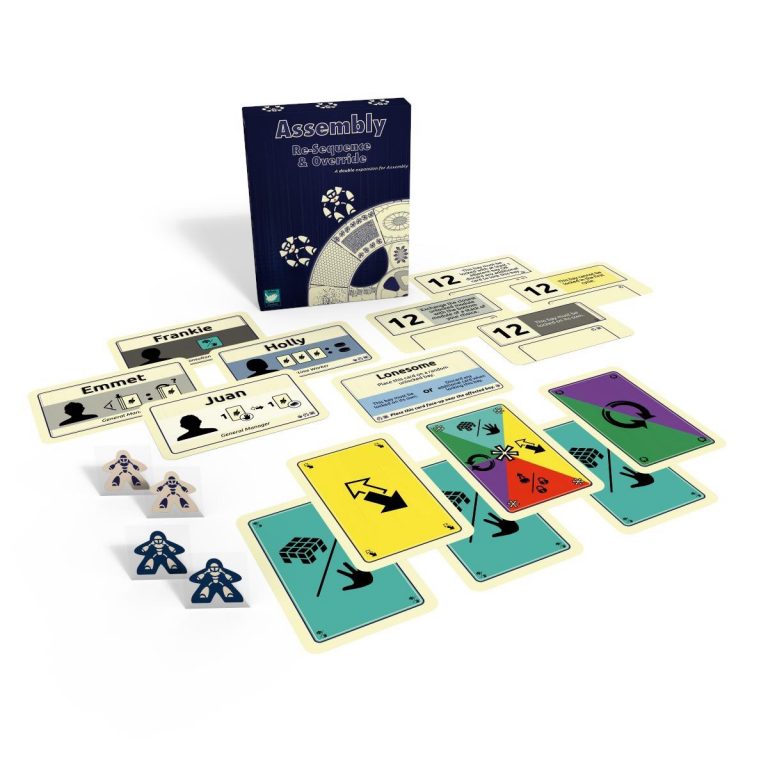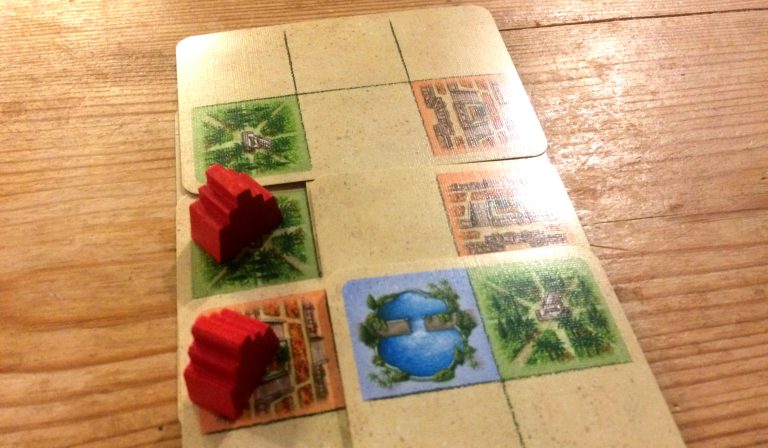It depends (Topic Discussion)
As a board game reviewer, you need to have access to board games. That's obvious. Some reviewers rely solely on games they bought themselves, maybe got as presents or borrowed from friends, while others will only review games sent to them by the publisher or even the designer. Many reviewers will rely on a mix of both. What I want to look at in this article is how review copies, which are (usually) free, may influence a review and what the relationship between publishers, or designers, and reviewers may look like and how it can also play a part in how a review is written.




